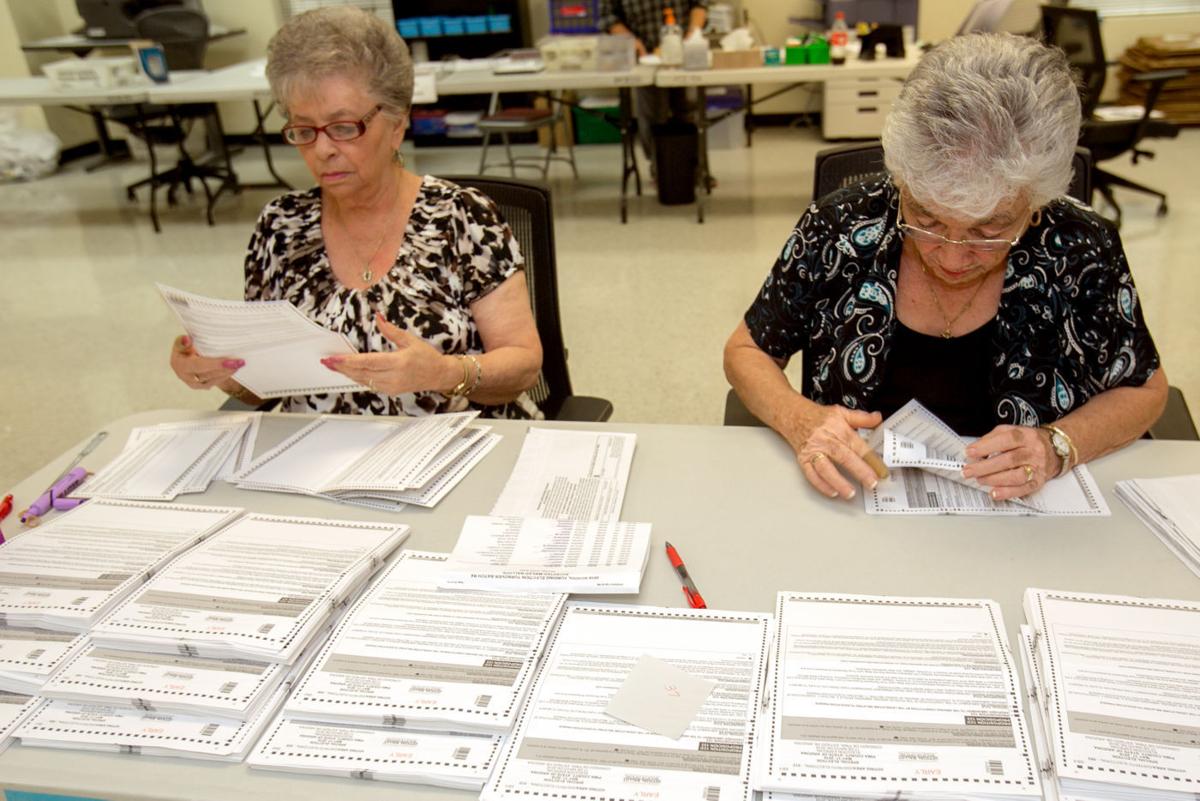A Pima County Superior Court judge has ruled that ballot images produced by local voting equipment are “exempt from disclosure by Arizona election law.”
In August 2016, county resident Richard Hernandez filed a complaint asking that digital ballot images from the upcoming primary election be preserved. It was then the county election department’s policy to delete those images, which are used to tally votes by the new system.
A judge soon granted a temporary injunction mandating that the county cease deleting the images. In his May 24 ruling, Judge Richard Gordon made that injunction permanent, but also — citing the Arizona Constitution’s requirement of “secrecy in voting” and recent legislation — ruled that both ballots and images of them are exempt “from public disclosure.”
Senate Bill 1094, which was signed into law in March, states that “digital images of ballots are protected from physical and electronic access … and that all security measures are at least as protective as those prescribed for paper ballots.”
“While the wisdom of such laws might be legitimately questioned given the absence of transparency in the technology being used, that debate is for the legislature rather than this court,” Gordon wrote.
Brad Nelson, county elections director,
pointed out that until this legislative session, Arizona law was “silent” on digital ballot images. Per the ruling, Nelson said his office will be saving the ballot images, “but they will be treated exactly the same as physical ballots.”
In his ruling, Gordon notes that Arizona law protects ballots both before and after an election from disclosure.
John Brakey, whose organization AUDIT-AZ hired the attorney who filed the original suit, said an appeal was likely. He also disputed that releasing ballot images would compromise voter secrecy, arguing that a filled ballot does not have personally identifying information. Having access to those records, Brakey argued, would allow residents to independently verify election results.
In a December filing, the county argued that “independent tabulations” are “likely to undermine public confidence in election results” because different efforts could come up with different results due to “human error” or “intentional manipulation of digital images.”
In a November 2016 memo, County Administrator Chuck Huckelberry wrote that the county “has desired to scan and post scanned ballots as public records so any interested citizen can count ballots to verify the electronic results,” but the county attorney “has indicated the County lacks the authority to scan ballots and post the scanned images on the internet.”





